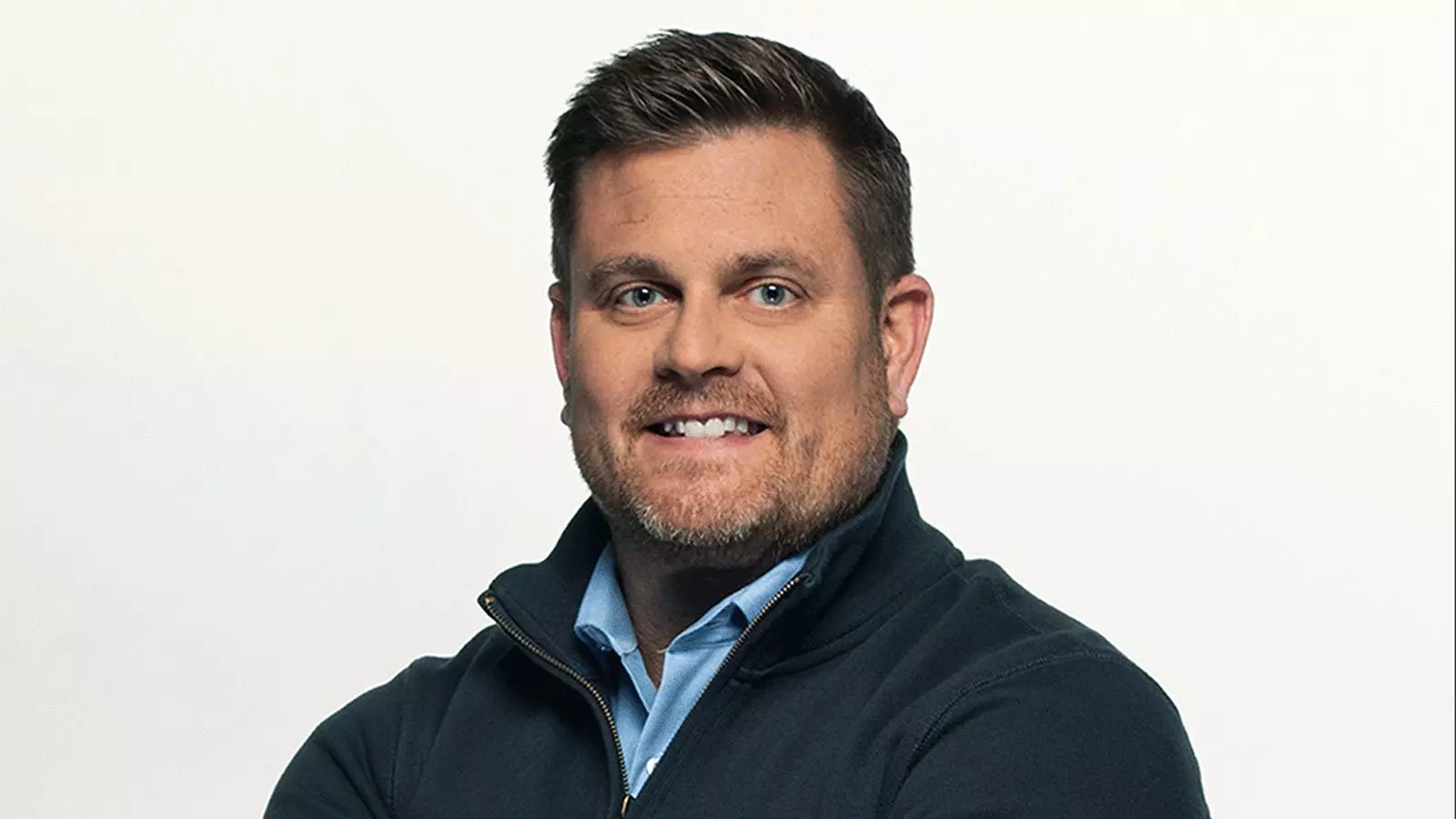In a shocking incident that has reverberated throughout the healthcare community and beyond, Brian Thompson, the CEO of UnitedHealthcare, lost his life in a targeted shooting on the bustling streets of midtown Manhattan. This tragic event not only draws attention to the personal loss of a dedicated leader but also highlights the overarching significance of his role in an industry that impacts millions of lives across the United States.
Brian Thompson’s career in the healthcare sector spanned over two decades, during which he ascended through the ranks of UnitedHealth Group Inc., ultimately leading its major subsidiary, UnitedHealthcare. At the time of his death, he was a prominent figure within the organization, overseeing health coverage for an impressive 49 million Americans. This figure alone speaks volumes about the extent of his influence in an industry where decisions made at the executive level can significantly shape public health outcomes.
Thompson’s journey began in a different arena as he started his career as a certified public accountant at PwC, where he laid the groundwork for his future in corporate leadership. His transition into healthcare was marked by a keen awareness of financial strategies, which would later prove valuable in managing a company with a staggering revenue of $281 billion in the previous year alone. This financial acumen, paired with his visionary approach to healthcare, allowed him to spearhead initiatives that shifted focus towards value-based care. This model emphasizes preventive health measures and rewards healthcare providers for keeping patients healthy, as opposed to merely treating illnesses once they arise.
Despite the positive strides he made, Thompson’s leadership was not without its controversies. In 2021, UnitedHealthcare faced significant backlash for announcing plans to deny coverage for certain emergency room visits deemed non-critical. This decision sparked outrage from various healthcare advocates, highlighting the potential risks it posed to patients who may hesitate to seek emergency care out of fear of financial penalties. The public condemnation succeeded in delaying the implementation of these changes, underscoring the tug-of-war that often exists between cost management and patient care.
Such controversies not only reveal the complex challenges Thompson faced in steering a large healthcare company like UnitedHealthcare but also paint a broader picture of the healthcare industry’s struggles to balance profitability with ethical responsibility. As the CEO, he was thrust into the spotlight during these pivotal moments, yet his overall persona remained predominantly overshadowed by the company’s more publicly recognized figure, Andrew Witty, the global CEO of the entire UnitedHealth Group.
The senseless violence that led to Thompson’s death has turned an executive who was relatively unknown to the broader public into a tragic headline, forcing the nation to grapple with the ramifications of his work and life. At 50, Thompson was not only a seasoned executive but also a family man—residing in Minneapolis with his wife and two sons. This aspect of his life reminds us that executives do not exist in a vacuum; they have personal lives and relationships that are deeply affected by their professional roles.
As investigators continue to search for the motive behind this tragic shooting, the focus on Thompson’s contributions to healthcare is likely to grow. His commitment to reshaping how Americans access medical care through innovative strategies will resonate beyond his tenure. With healthcare being a critical issue in society, Thompson’s death serves as a poignant reminder of the stakes involved in the ongoing evolution of the industry.
In closing, Brian Thompson’s untimely death not only leaves a void in the leadership of UnitedHealthcare but also forces us to consider the broader implications of his life’s work and the systemic challenges facing the healthcare industry. It is essential for stakeholders at all levels to reflect on the importance of humane practices in healthcare, particularly when considering policies that directly impact patients. Thompson’s legacy, shaped by innovation and controversy, will hopefully inspire a re-examination of priorities within the healthcare system to ensure that it serves as a vehicle for well-being rather than as a source of anxiety for those it is meant to protect.


Leave a Reply